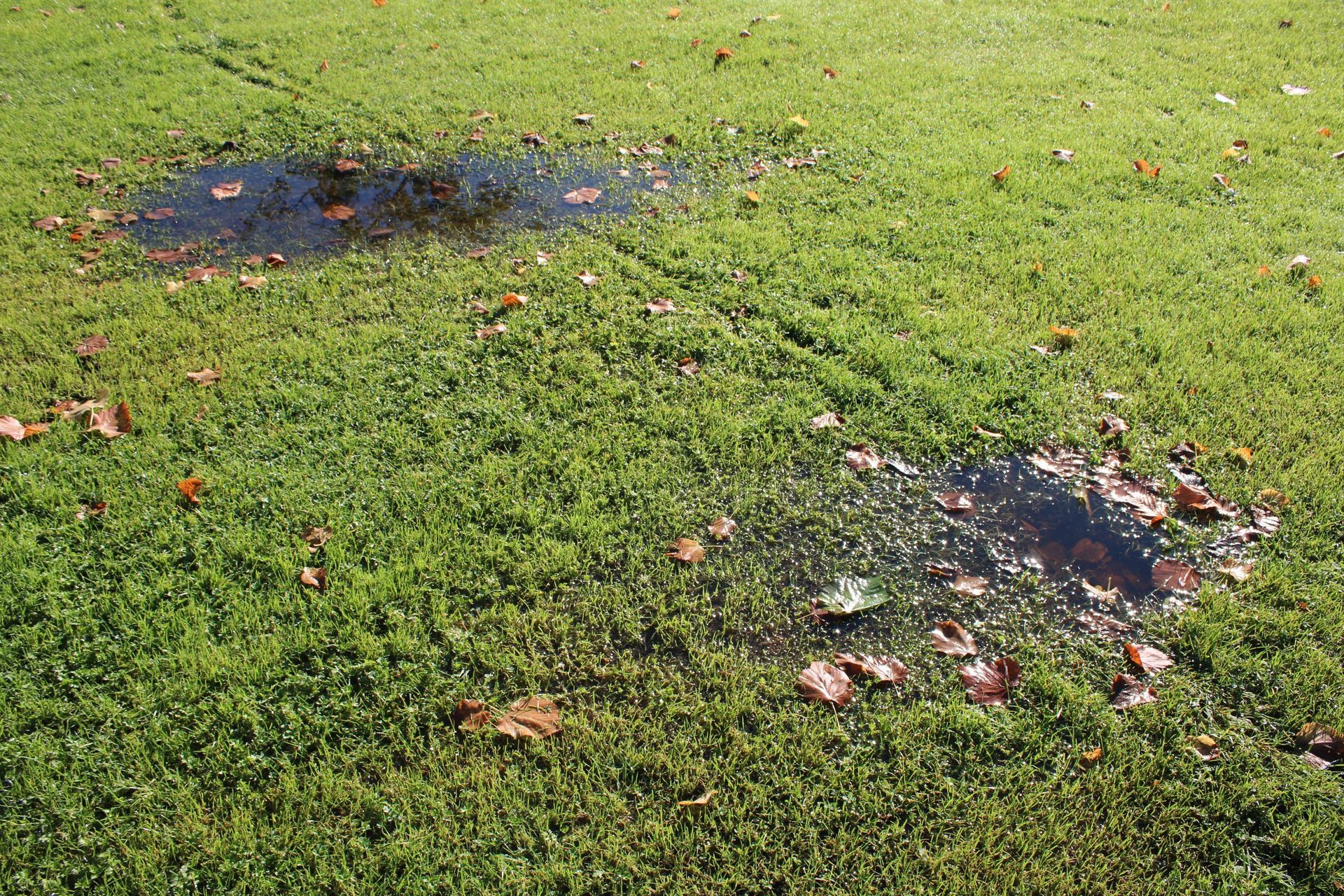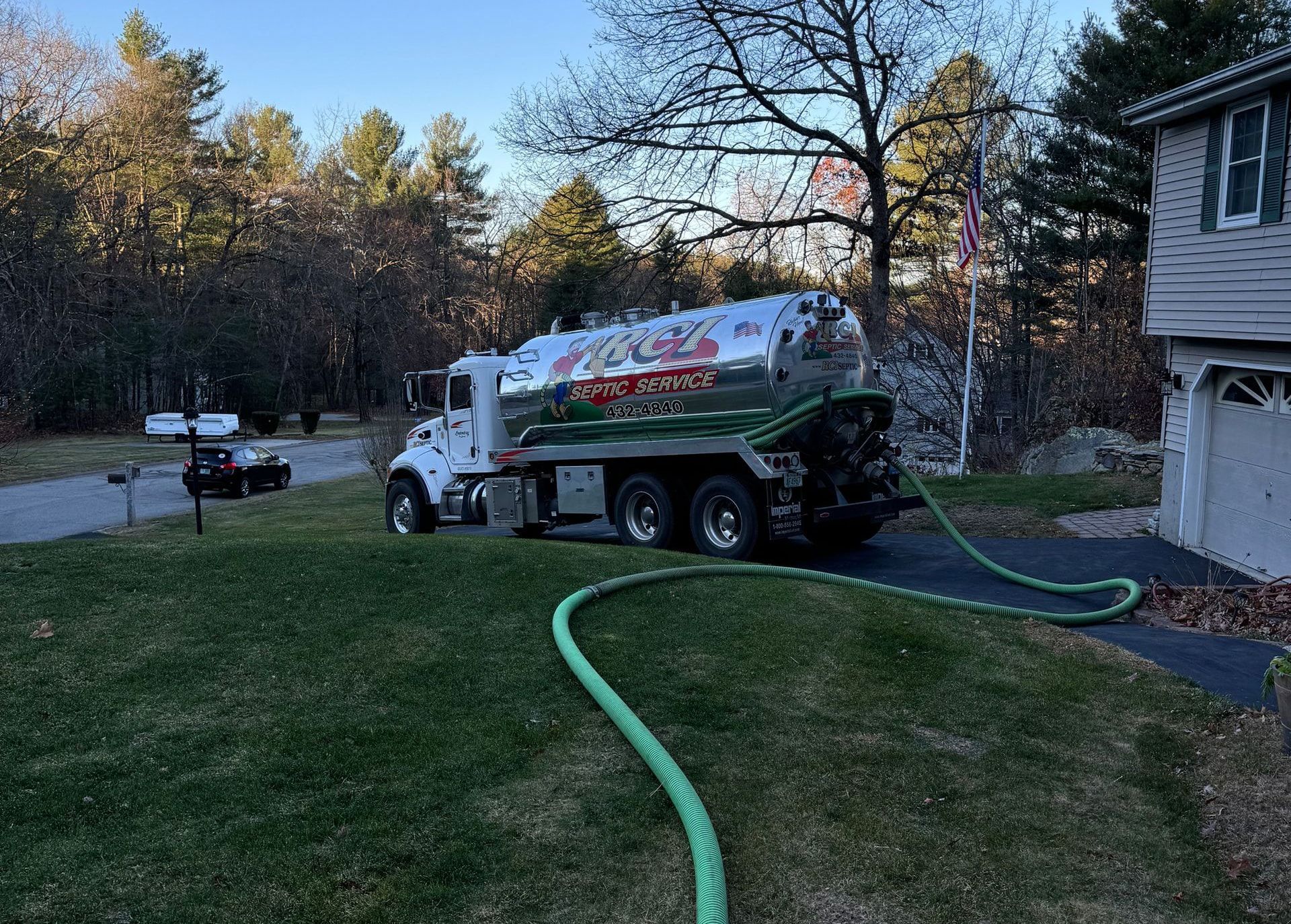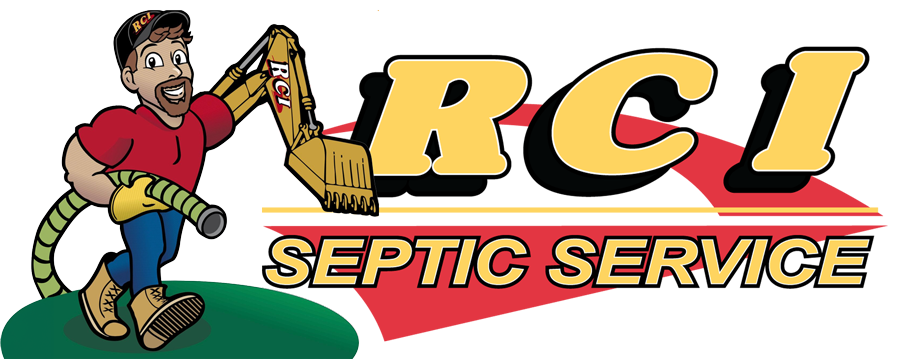Buying or Selling a Home in NH: What to Know About Septic System Inspections
New Hampshire’s septic system inspection requirements can make or break your real estate transaction. With recent law changes shifting responsibilities between buyers and sellers, understanding the inspection process, costs, and regulations is essential for protecting your investment and ensuring a smooth closing.
Essential Septic Inspection Facts for NH Home Buyers and Sellers
Septic system inspections in New Hampshire typically cost between $400 and $700, with additional pumping expenses ranging from $180 to $250 depending on how many gallons your tank holds. These costs may seem substantial, but they pale in comparison to replacement costs that can reach $30,000 for complex installations.
Many lenders require septic inspections before financing approval, particularly for USDA loans and New Hampshire Housing loans. VA and FHA loans also mandate inspections when appraisal reports indicate potential septic system problems. This means buyers often cannot complete their purchase without a satisfactory septic system evaluation.
For proper maintenance, RCI Septic Service recommends pumping every year for households of 5 or more people, every 2 years for 3-4 people, and every 3 years for households of 1-2 people. Regular pumping prevents system failure and extends the life of your septic system significantly.
Licensed evaluators should complete inspections within two years of the sale to protect both buyers and sellers from hidden issues that could emerge during the transaction process. Well-maintained septic systems typically last 25 years in New Hampshire’s climate conditions when properly designed and regularly serviced.
What Happens During a Professional Septic Inspection
Licensed evaluators begin by reviewing permits, design plans, and pumping records from the local health officer and New Hampshire Department of Environmental Services. This paperwork review reveals the system’s age, capacity, and maintenance history.
The physical inspection includes a comprehensive tank integrity assessment, sludge level measurement, and baffle condition evaluation. Inspectors examine the distribution box function and probe the leach field for saturation, ponding, or signs of effluent surfacing that indicate system failure.
Modern septic evaluations employ camera inspections and specialized tools to detect cracks, root intrusion, or structural damage within tanks and distribution boxes. Water flow tests inside the house check for backflow issues and verify proper system distribution throughout the drain field.
The inspection process concludes with a detailed written report containing photos that document all findings and recommendations. This report must be submitted to the New Hampshire Department of Environmental Services by the licensed evaluator, ensuring regulatory compliance and proper record-keeping.

Critical Red Flags That Signal Septic System Problems
Slow draining sinks, persistent gurgling sounds, and sewage backups in the house indicate immediate septic system problems requiring urgent attention. These signs often point to distribution box blockages or failing pumps in advanced systems.
Foul odors around the property, especially near the septic tank or drain field areas, suggest leaks or system overflow. These odors become more pronounced during periods of increased demand or when the seasonal high water table rises.
Lush green grass patches in the leach field indicate nutrient leaks or system overflow, while standing water or soggy ground above septic system components signals effluent disposal area failure. Missing or damaged tank lids, distribution boxes, or other visible system components create public health risks and code violations.
Properties lacking pumping records or evidence of regular maintenance over the past 3-5 years present significant risk factors. Without proper maintenance, even newer septic systems can fail prematurely, leading to expensive repairs or complete replacement.
New Hampshire Septic System Requirements and Regulations
The New Hampshire Department of Environmental Services regulates all septic system design, permitting, and installation throughout the state. RSA 485-A:39 law requires special evaluations for waterfront property transfers within 250 feet of shoreline areas, including lakes, ponds, and fourth-order rivers.
Recent changes under House Bill 1113, effective September 1, 2023, shifted inspection responsibilities from sellers to buyers for waterfront properties. This new law allows sellers to provide inspection reports completed within 180 days prior to transfer, but buyers must arrange and conduct their own evaluations.
Some New Hampshire towns mandate septic inspections before all property transfers, regardless of waterfront proximity. Setback requirements from wells, property lines, and water sources must be maintained according to local ordinances and state regulations.
Unpermitted system alterations can result in substantial fines and forced replacement under New Hampshire law. Only licensed evaluators certified by the New Hampshire Office of Professional Licensure can conduct formal inspections that satisfy legal requirements.
For septic systems never approved by Environmental Services or approved before September 1989, buyers must hire a New Hampshire permitted septic system designer to determine the elevation of the bottom of the effluent disposal area relative to the seasonal high water table.
Septic Inspection Costs and Financial Considerations
Standard septic inspections range from $400 to $700 depending on system complexity, accessibility, and the need for test pits or specialized equipment. Tank pumping during inspection adds $180 to $250 based on tank capacity, with most New Hampshire homes having 1,000 to 1,500-gallon tanks.
System replacement costs vary dramatically, ranging from $8,000 to $30,000 depending on soil conditions, site complexity, and local regulations. Properties requiring advanced systems due to poor soil or high groundwater face the highest replacement costs.
Budget $300 to $500 annually for routine maintenance and pumping services to prevent premature system failure. Consider septic insurance or home warranty coverage, though most policies provide limited septic protection and exclude pre-existing conditions.
When evaluating properties, request past utility bills showing water use patterns, pumping schedules, and repair receipts. High water use combined with infrequent pumping often indicates accelerated system wear and potential upcoming repairs.
Seller Responsibilities and Preparation Tips
Complete septic pumping and inspection before listing to identify and address issues early in the selling process. This proactive approach prevents financing delays and gives sellers control over repair costs and timing.
Gather all permits, design plans, and maintenance records for buyer review. Missing documentation can complicate inspections and raise concerns about unpermitted modifications or inadequate maintenance.
Address minor repairs or provide accurate cost estimates for needed work. Transparent communication about septic system condition builds buyer confidence and facilitates smoother negotiations.
Maintain proper water use and avoid system overload during the showing period. Limit laundry, dishwasher use, and long showers when potential buyers might inspect the property.
Consider pre-listing inspection to avoid financing delays and negotiation complications. Working with experienced contractors like RCI Septic Service provides comprehensive system evaluation and maintenance guidance.
Buyer Protection Strategies and Due Diligence
Request detailed inspection reports and ask sellers about system age, maintenance history, and any previous repairs or modifications. Review pumping records to verify adherence to recommended maintenance schedules.
Include septic inspection contingencies in purchase agreements with specific timelines for completion and response. Allow sufficient time for inspection scheduling, potential repairs, and re-evaluation if problems are discovered.
Negotiate repair costs, price reductions, or escrow funds for identified septic issues. Consider the total cost of ownership, including immediate repairs and long-term maintenance requirements.
Verify system capacity matches the home’s bedroom count and intended occupancy. Undersized systems will fail prematurely under increased demand from additional family members or guests.
Plan for immediate pumping if the system hasn’t been serviced within recommended timeframes. Budget for ongoing maintenance and potential future repairs or upgrades based on system age and condition.

Understanding Different Septic System Types in NH
Conventional systems with concrete, plastic, or fiberglass tanks paired with standard leach fields represent the most common installations in New Hampshire. These systems rely on gravity flow and natural soil filtration for wastewater treatment.
Advanced treatment units include mound systems, chamber systems, and aerobic treatment installations designed for challenging soil conditions or environmental sensitivity. These systems require more frequent maintenance and monitoring than conventional designs.
Older cesspools or dry wells may require upgrades to meet current standards, especially during property transfers or when repairs become necessary. New Hampshire law prohibits new cesspool installations but allows maintenance of existing systems.
Alternative systems with pretreatment filters, pressure dosing, and performance alarms serve properties with poor soil conditions, high seasonal high water tables, or proximity to sensitive water bodies. These systems require specialized maintenance and monitoring.
System effectiveness depends heavily on soil type, groundwater levels, and proper sizing for household occupancy. RCI Septic Service’s expertise covers all system types and installation requirements throughout New Hampshire.
Regional Considerations for NH Septic Systems
Coastal areas may require raised systems due to high water tables and sandy soils that affect effluent disposal area design. These installations often cost more but provide better protection against groundwater contamination.
Mountainous regions face shallow bedrock challenges that increase installation complexity and limit system placement options. Test pits and soil analysis become critical for determining feasible system designs.
Agricultural zones may experience nitrate contamination affecting septic system performance and requiring additional monitoring or treatment components. Local soil conditions significantly impact replacement costs and available system options.
Seasonal high water table fluctuations throughout New Hampshire impact system design and effectiveness, particularly for properties near lakes, rivers, or wetland areas. Climate considerations include freeze protection and seasonal operation challenges.
Understanding these regional variations helps buyers and sellers anticipate potential issues and budget appropriately for system maintenance or replacement throughout the property’s ownership.
Working with Professional Septic Services
Choose licensed, experienced contractors like RCI Septic Service for reliable inspections, repairs, and ongoing maintenance. Verify contractor certifications and insurance coverage before scheduling any septic services.
Request detailed written estimates and timelines for recommended repairs or system replacements. Understand warranty coverage and follow-up service availability for major installations or repairs.
Establish ongoing maintenance relationships for regular pumping and system care. Professional contractors provide valuable guidance for system upgrades, expansions, or replacements when needed.
RCI Septic Service brings over 25 years of experience and fourth-generation family expertise to every project. Their comprehensive understanding of New Hampshire regulations and local conditions ensures proper installation and maintenance.
For professional septic maintenance, inspections, or system installation, contact RCI Septic Service or visit https://www.rciseptic.com to learn more about protecting your septic system investment throughout the buying or selling process.


